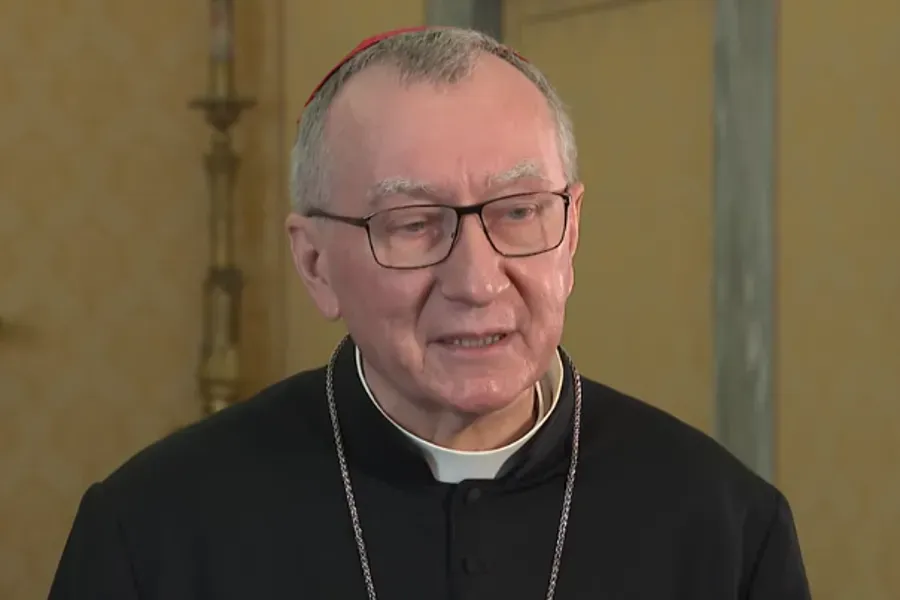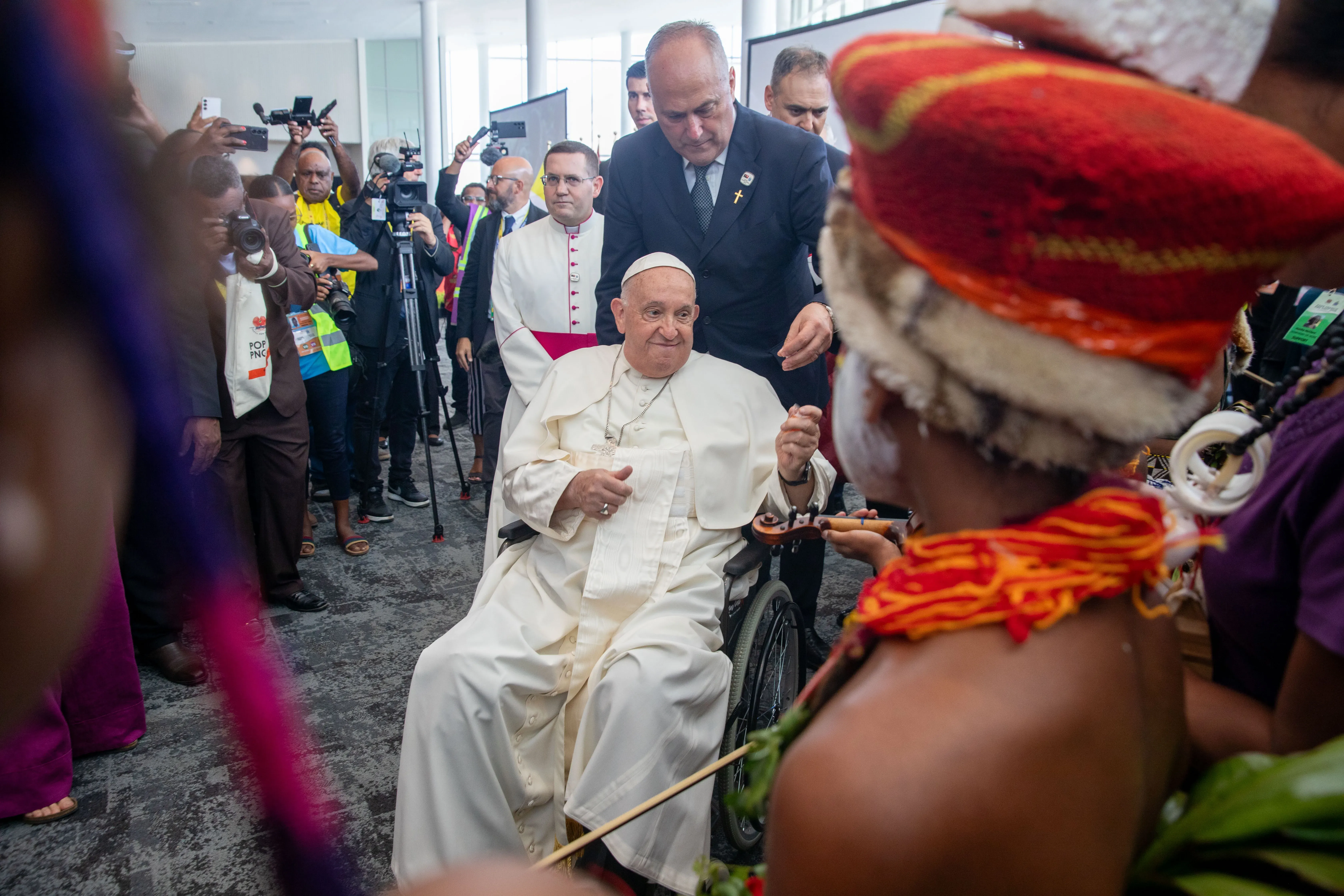“Not everyone celebrates the Christian holidays, and not all Christians celebrate them on the same dates,” the document said.
The guide encouraged officials based in the Belgian capital, Brussels, and Luxembourg to avoid a phrase such as “Christmas time can be stressful” and instead say “Holiday times can be stressful.”
It also recommended using the term “first name,” rather than “Christian name,” and said that when presenting hypothetical examples, officials should “not only choose names that are typically from one religion.”
Instead of “Maria and John are an international couple,” the guide recommended saying “Malika and Julio are an international couple.”
Parolin told Vatican News that the intention to avoid discrimination was laudable.
“But, in my opinion, this is certainly not the way to achieve this goal. Because in the end, it risks destroying, annihilating the person, in two main directions,” he said.
“The first is the diversity that characterizes our world. Unfortunately, the tendency is to homogenize everything, not knowing how to respect the rightful differences, which naturally must not become an adversarial issue or a source of discrimination, but must be integrated in order to build a full and integral humanity.”
He went on: “The second is forgetting what is a reality. And whoever goes against reality puts himself in serious danger. And then there is the cancelation of our roots, especially as regards Christian holidays, the Christian dimension of our Europe, too.”
“Of course, we know that Europe owes its existence and its identity to many contributions, but we certainly cannot forget that one of the main contributions, if not the main one, was Christianity itself. Therefore, destroying the diversity and destroying the roots means precisely to destroy the person.”
The advice concerning the word “Christmas” appeared in a section of the document called “Cultures, lifestyles or beliefs.”








